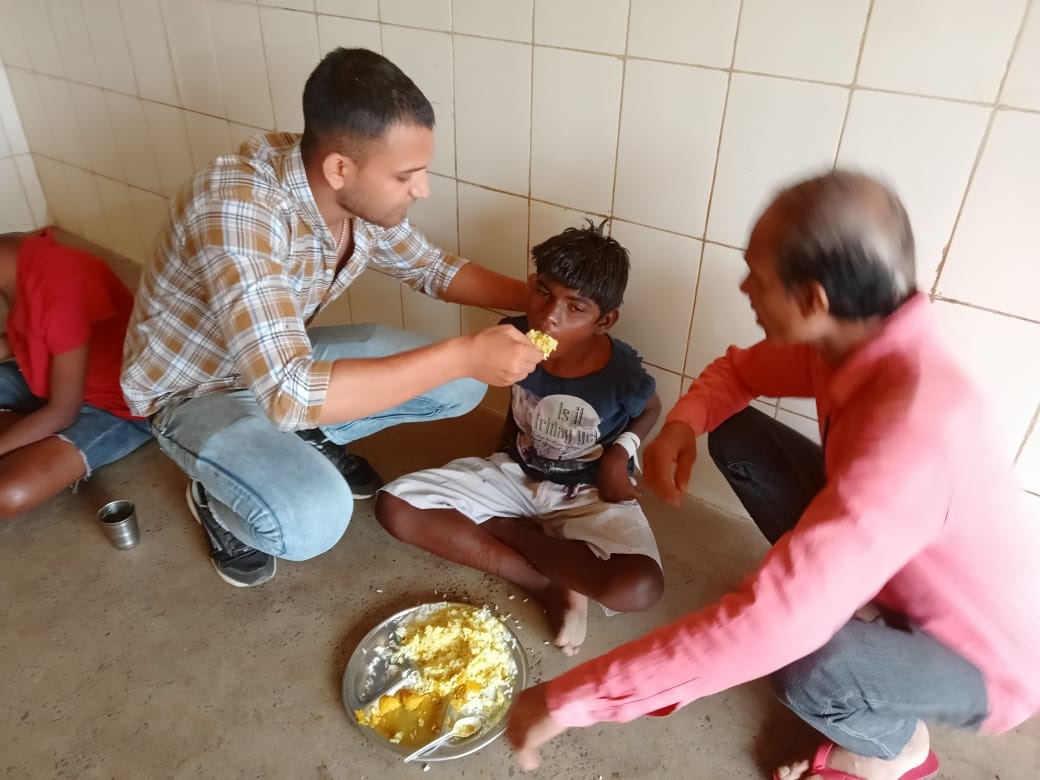Caring for the health of children with intellectual disabilities requires a comprehensive and compassionate approach that addresses their physical, mental, and emotional well-being. Here are some key aspects to consider:
- Regular Medical Care:
- Routine Check-Ups: Ensure regular medical check-ups to monitor overall health and catch any emerging issues early.
- Specialist Consultations: Regular visits to specialists such as neurologists, psychiatrists, and developmental pediatricians to manage any specific health concerns related to the child’s disability.
- Vaccinations: Keeping up with vaccinations to prevent common and potentially serious infections.
- Therapeutic Interventions:
Speech Therapy: To help with communication difficulties.
Occupational Therapy: To improve daily living skills and sensory processing issues.
Physical Therapy: To enhance motor skills and address any physical limitations.
- Mental Health Support:
Counseling and Behavioral Therapy: To manage behavioral issues, anxiety, depression, or other mental health conditions.
Medication Management: If prescribed, ensuring the proper administration and monitoring of any medications.
- Educational Support:
Special Education Services: Customized educational programs tailored to the child’s abilities and needs.
Individualized Education Plans (IEPs): Working with educators to develop and implement IEPs that outline specific learning goals and the supports needed to achieve them.
- Nutritional Care:
Balanced Diet: Ensuring a nutritious diet that meets the child’s specific dietary needs.
Feeding Assistance: Addressing any feeding difficulties or specific dietary requirements with the help of a nutritionist.
- Social and Emotional Development:
Social Skills Training: Programs and activities that help develop social interaction skills.
Inclusive Activities: Encouraging participation in community activities and inclusive play to foster social relationships.
- Family Support and Education:
Parental Training: Providing parents and caregivers with training and resources to effectively support their child’s development and health.
Support Groups: Connecting with support groups for families of children with intellectual disabilities to share experiences and advice.
- Safety and Well-Being:
Safe Environment: Ensuring a safe and accessible living environment that accommodates the child’s needs.
Emergency Planning: Having an emergency plan in place that considers the child’s specific requirements.
- Assistive Technology:
Communication Devices: Tools like speech-generating devices to assist with communication.
Adaptive Equipment: Specialized equipment to help with mobility, daily living activities, and learning.
- Regular Monitoring and Adjustments:
Progress Tracking: Regularly monitoring the child’s development and health progress.
Adjustments to Care Plans: Making necessary adjustments to care plans based on ongoing assessments and changing needs.
Conclusion
Providing comprehensive health care for children with intellectual disabilities involves a multidisciplinary approach that integrates medical, educational, therapeutic, and social support. Collaboration among healthcare providers, educators, therapists, and families is crucial to ensure that the child receives the best possible care and support to thrive in all aspects of life.








